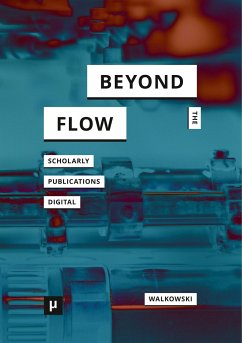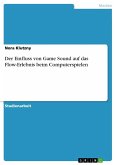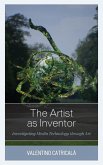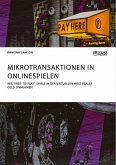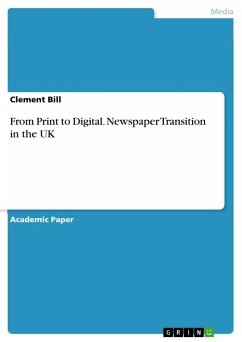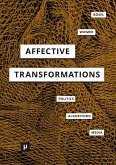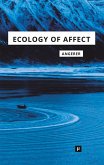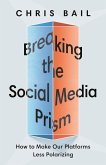In the wake of the so-called digital revolution numerous attempts have been made to rethink and redesign what scholarly publications can or should be. Beyond the Flow examines the technologies as well as narratives driving this unfolding transformation. However, facing challenges such as the serial crisis, knowledge burying or sudoku research the discourses and practices of scholarly publishing today are mainly shaped by confusion, heterogeneity and uncertainty. By critically interrogating the current state of digital publishing in academia the book asks for how a sustainable post-digital publishing ecology can be imagined.

